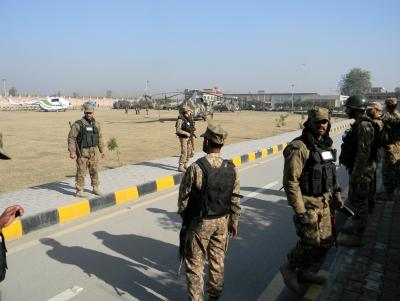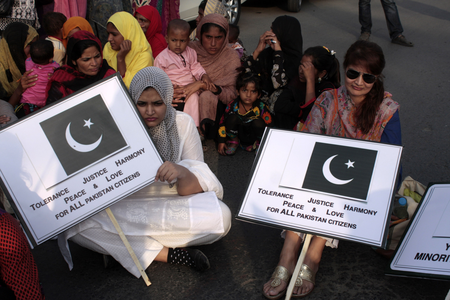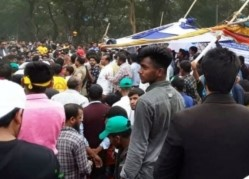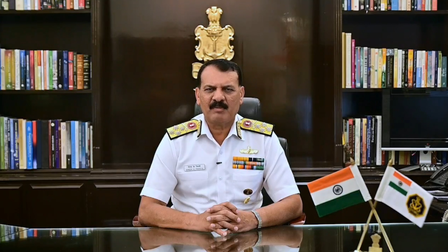
Islamabad, Oct 12 (IANS) Pakistani soldiers are paying the price for a leadership that has lost its sense of responsibility, said a media report in the backdrop of the October 7-8 incident in which 11 soldiers were killed in an anti-militancy operation in Khyber Pakhtunkhwa’s Orakzai district.
The report in Blitz said that the sprawling, unaccountable, and politically entangled empire of the generals has hollowed out the very institution it claims to protect.
“As the violence escalates, whether the military will continue to be both the ruler and the defender remains to be seen,” said the report published on Saturday.
Pakistan’s security doctrine has, for a long time, demonstrated external fixation on India and Afghanistan, whom it has blamed for its recurrent security failures. However, today, Pakistan’s most serious threats lie within. The persistence of homegrown militancy in KPK, the ethno-nationalist insurgency of Balochistan, and sectarian violence across the country indicates a failure of its security doctrine.
Though it conceived Operation Azm-i-Istehkam, like many of its predecessors, as a show of force, its failure to contain militancy demonstrates the reluctance of the Army to deal with its own policy contradictions.
For decades, Rawalpindi tolerated “good” and “bad” militants, a legacy of decades of sponsorship of various proxies, given its regional ambitions. Now, its attempts to fight them without addressing the ideological and institutional complicity that sustained them are akin to treating symptoms while ignoring the disease.
The growing toll of military casualties is a reminder of this cost, symbolising the futility of a security policy mired in political distraction. For years, Pakistan’s generals have justified their political dominance as a bulwark against instability. Yet the rising body count suggests the opposite, as the more the Army entrenches itself in the levers of governance, the less secure the country becomes.
Instead of focusing on the country’s hinterland in KPK and Balochistan, where militants and insurgents have reasserted their presence, the top brass in Rawalpindi has been preoccupied with stabilising a floundering civilian government, brokering deals with foreign creditors, and navigating Islamabad’s fragile ties with Washington, Beijing, and Riyadh.
Field Marshal Asim Munir himself has appeared as much a statesman as a soldier by not only negotiating financial lifelines, leading diplomatic engagements, and, in many ways, functioning as Pakistan’s parallel Prime Minister.
But this expanding political role has come at a cost. While the Army’s leadership remains entangled in governance and foreign policy, its counterterrorism machinery has been stretched thin as well as demoralised.
Such military casualties will only add to the worsening morale of soldiers.
While the militant violence has resurged across Pakistan’s peripheries, with TTP re-establishing its shadow administrations in parts of KPK and a new generation of Baloch insurgents targeting military convoys, economic projects, and Chinese infrastructure linked to the China-Pakistan Economic Corridor (CPEC), the state’s response has been both predictable and ineffective. Rawalpindi and Islamabad have responded with more military operations, more checkpoints, more rhetoric about “national resolve.”
For those living under the shadow of this militarised system in KPK and Balochistan, the Pakistani Army’s presence has always been “less like protection” and more like suppression and occupation.
Despite such a reality, the country’s security establishment has never shown any willingness to confront the political roots of this instability. They continue to overlook how the decades of militarised governance have alienated communities and deepened distrust between the centre and the periphery.
–IANS
rch/uk




